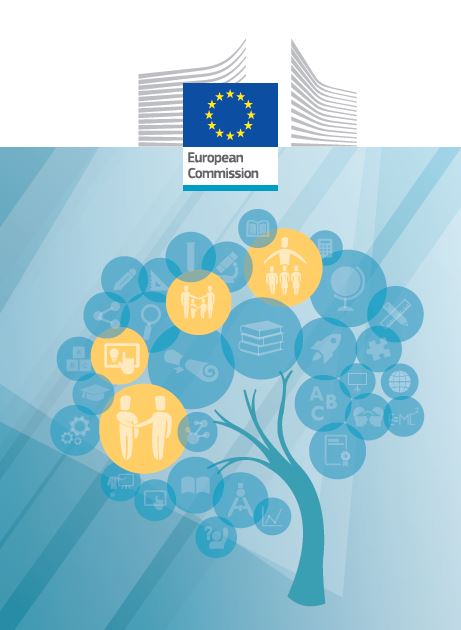Mobilising education to promote EU common values and inclusion

Related topics
Civil societydate: 23/09/2016
Many new policy developments in Member States
The Commission’s Eurydice network provided an overview of the main policy developments at national level showing that the majority of Member States have been active in developing new policy measures in the field of citizenship education and inclusion.
Colloquium hosted by Commissioner Navracsics
On 26 May 2016, Tibor Navracsics, European Commissioner for Education, Culture, Youth and Sport hosted a Colloquium on 'Promoting inclusion and fundamental values through education - A way to prevent violent radicalisation', which provided a forum for exchanging on recent policy developments, as well as inspiring practices at local level. The event gathered 150 participants, including policy makers, academics, civil society organisations and practitioners from the ground around.
A comprehensive approach to prevent violent radicalisation
In a broader context, on 14 June 2016, the Commission adopted a Communication on supporting the prevention of radicalisation leading to violent extremism, which put forward a broad set of initiatives as part of the preventive strand of the European Security Agenda including in areas such as research; countering terrorist propaganda and hate speech online; addressing radicalisation in prisons; promoting inclusive education and EU common values; social inclusion and reaching out to young people.
Towards a policy framework and a Council Recommendation
In the next years, the Commission will focus on the implementation of the measures announced at the Colloquium and in the Communication. In particular, the Commission will work towards preparing a draft Council Recommendation on promoting social inclusion and common EU values through formal and non-formal learning. Under the European cooperation framework in education and training (ET2020) a dedicated Working Group composed of representatives of Member States, selected civil society organisations, social partners and international organisations and the European Commission has been already working since February 2016 on a policy framework which will inspire the Recommendation.
Mobilising Erasmus+ to support actions on the ground
Moreover, the Commission will continue to support Member States and stakeholders at regional and local level in implementing the objectives of the Paris Declaration through exchange of good practices, piloting and upscaling successful initiatives via a series of other concrete initiatives underpinned by the Erasmus+ programme:
- Making more than EUR 400 million in 2016 available through Erasmus+ for transnational partnerships to develop innovative policy approaches and practices at grass-root level, which prioritise social inclusion, the promotion of common values and intercultural understanding. Erasmus+ will scale up actions developed at grass-root level with a dedicated envelope of EUR 13 million in 2016.
- Establishing a network to facilitate direct contacts with positive role models in schools, youth, sport clubs and prisons to encourage and inspire young people to become active and engaged members of society.
- Promoting the award of student credits for volunteering, and the development of curricula that combine academic content with civic engagement through Erasmus+.
- Promoting the award of student credits for volunteering, and the development of curricula that combine academic content with civic engagement through Erasmus+.
- Enhancing support to youth workers and organisations, particularly by developing a toolkit.
- Strengthening the European Voluntary Service that helps young people to participate in volunteering projects abroad.
- Enhancing the use of eTwinning, an online platform that promotes collaboration and exchanges between teachers andselected countries of the EU's neighbourhood.
- Launching a feasibility project for Erasmus+ Virtual Exchanges to promote a moderated online dialogue among young people with the aim of reaching 200,000 young people by 2019.
